While I honor the talent and perseverance of Alex Haley, much of his genealogical research has been sorely put to the test of time. There is no doubt that the man accomplished what few could have done in his day, but we should not overlook his shortcomings.
Before we factualize fiction, let us stop and think about Alex Haley’s work. True, ‘Roots’ was an epic of its time, but it was, according to much that has been discovered since, a work of almost pure fiction.
The University of Tennessee Special Collections Library, Knoxville, TN, is the repository for Alex Haley’s papers. Philip Nobile examined these papers and his results were turned into a BBC documentary titled “The Roots of Alex Haley” [the documentary was never broadcast in the United States]. Even Gary and Elizabeth Shown Mills have questions about his research.
The case of plagiarism against Alex Haley was brought by the white author Hal Courlander whose novel “The African” [1967] was heavily plagiarized by Alex Haley, who himself acknowledged that large sections of his novel, including the plot and the main charcter were lifted from “The African”. Even the judge presiding over the plagiarism trial is supposed to have made the statement, before allowing an out-of-court settlement, “I did not want to destroy him”.
Maybe Toby, Kizzy and Chicken George were Alex Haley’s ancestors. Then again, maybe not. It seems like ‘Toby’ left the scene years before Kizzy was born, and that he was in America as early as 1762 [not 1767 when the Lord Ligonier arrived]. The timeline alone has problems, don’t you think?





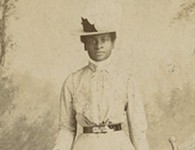
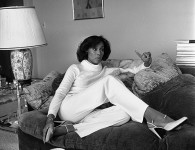
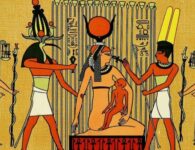

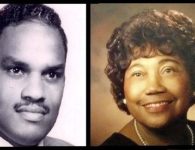
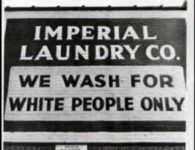
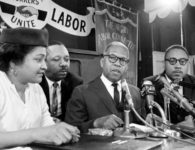
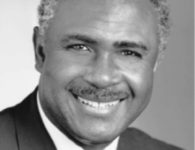
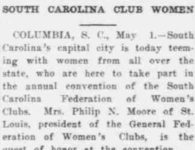
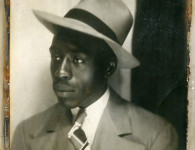
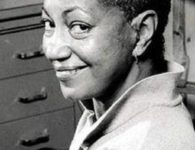
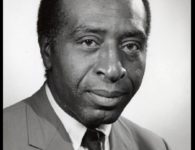


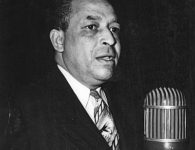

12 Comments
What’s Happening i am new to this, I stumbled
upon this I have discovered It positively helpful and it has aided me out
loads. I am hoping to contribute & aid other users like its aided me.
Great job.
Great website. Plenty of helpful information here.
I am sending it to several friends ans additionally sharing in delicious.
And certainly, thank you for your effort!
Heya i am for the primary time here. I came across this board and I in finding It truly useful
& it helped me out a lot. I hope to offer one thing again and
aid others such as you helped me.
What’s up to all, as I am actually keen of reading this webpage’s post to be updated daily.
It carries good data.
Hi mates, how is all, and what you would like to say
on the topic of this post, in my view its genuinely remarkable in favor of me.
Hello there, I think your website could be having internet browser compatibility issues.
Whenever I take a look at your blog in Safari,
it looks fine however, if opening in I.E., it has some overlapping issues.
I merely wanted to give you a quick heads up! Apart
from that, great website!
Appreciate this post. Let me try it out.
Pretty! This was an incredibly wonderful article.
Thanks for supplying these details.
I met Chief Haley, when we were both serving in the coast Guard. He was writing the book then, & we discussed it. He told me that much of what the characters were was passed on in oral history in his family. Some was from accounts of others. It was his intent to help others feel connected to Africa, & its culture
& bust stereotypes. Also, most black people in America at the time, did not feel connected, as their histories were destroyed in slavery, loss of language, & each other often sold off. The feeling was not positive in any way. For this, in that time, I will always respect him. I knew nothing of plagiarism, & it was wrong if that was the case. I think more of the Chief Haley, who loved his people & their roots, & wanted to show us all,
black people & Africa were not what many thought it was.
Thank you, MKR. I agree with your observation, “It was his intent to help others feel connected to Africa, & its culture
& bust stereotypes.” It was and is a powerful story worth the telling. It also encouraged all people to explore their own ethnicities and family stories more deeply. We all discovered our roots. I am grateful.
While researching my past I learn of the assimilation experienced by relatives because he or she are from two dark people. Learning more of my past comes from a DNA test. The results helps me to learn exactly who are my relatives. According to my DNA I come from South Africa with biological changes in Sierra Leone. Before this last area, I come from Nigeria, plus Ghana, Whoever mated the slaves gave a historical journey. I thought of the Alex Haley’s “Roots”, when I see I am from parts of Gambia, called Senegambian. Knowing exactly the DNA from Russell Melford Saulsbury, my father, is not possible for me to learn of any roots.
The mere fact that Roots was dramatized, packaged and marketed for mass consumption may prompt arguments around authenticity…it became a form of entertainment. I’d be interested in pro and con arguments about authenticity. However, there can be little if any doubt that Mr. Haley brought the issue of slavery to and American viewing public (Black and White) and provided a less nonchalant depiction of the ‘peculiar institution’ . The characters in Roots (fictional or not) were humanized and given dimension. Everyday Americans for the most part were riveted to the story and black Americans were relieved that the horribly fictionalized view of slavery that Hollywood portrayed for decades was a monstrous departure from reality.
In addition, a serious discussion can help everyday audiences understand fact vs fiction, or at least question storylines if they seem too exaggerated. It will behoove all of us if serious scholars and academicians can help us to understand what is fictional about Roots, or even bring to light some of the controversy around Roots and Haley; but as a fourth generation college educated black man, I would be cautious…if for no other reason than the need to credit Roots and Haley with providing a less sanitized picture of slavery in America. That in my estimation was a huge and significant contribution.